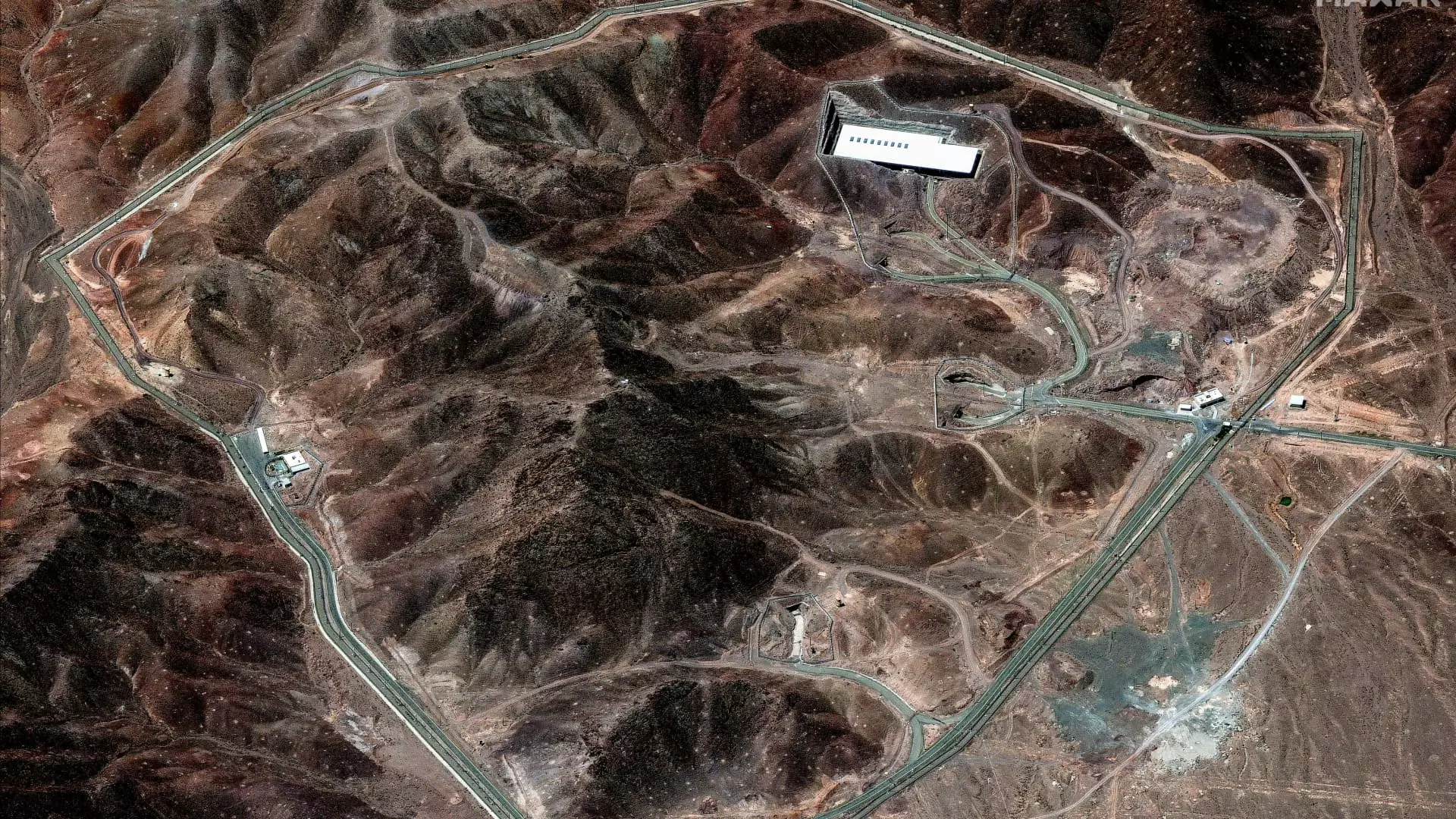In the wake of the U.S. military operations targeting Iran’s nuclear facilities, President Donald Trump has made headlines by asserting that the damage inflicted was nothing short of “obliteration.” This proclamation reflects not only a penchant for grandiloquent rhetoric but also ignites a contentious debate about the efficacy and ethical ramifications of such military interventions. The question remains: are we witnessing a devastating blow to Iran’s nuclear ambitions, or is this merely political posturing amplified by the thunderous echoes of warfare?
Trump’s declaration, elaborated on his social media platform, paints a picture of catastrophic destruction, insinuating that the very foundation of Iran’s nuclear power has been shaken to its core. Yet, amidst his assertions, the full measure of damage remains shrouded in uncertainty. While images from satellites may show signs of significant impact, the reality of military action often defies simplistic narratives.
Military Assessments: Cautious Optimism
Moreover, U.S. military officials, including Chairman of the Joint Chiefs of Staff Gen. Dan Caine, have taken a more tempered approach, acknowledging “severe damage” while stopping short of endorsing the idea that Iran’s nuclear capabilities have been unilaterally neutralized. The absurdity of contending that nuclear ambition can be entirely obliterated by a single military strike fails to account for the resilience of such programs. Iran’s history of maneuvering around sanctions and military engagements reveals a nation adept at both concealment and technological adaptation.
As one digs deeper, it becomes apparent that the “battle damage assessment” is not merely a checklist of targets hit; it is an intensely scrutinized process that involves ongoing intelligence-collection efforts. Gen. Caine himself has outlined the inherent limitations in his statements, abstaining from declaring a definitive victory in this complex and multi-faceted struggle. Even as Secretary of Defense Pete Hegseth praises the operational precision of the strikes, the ambiguity surrounding the actual state of Iran’s nuclear capabilities raises more questions than answers.
The Potential for Nuclear Resilience
Notably, reports have emerged suggesting that Iran had already displaced much of its highly enriched uranium prior to the strike, which casts a shadow over claims of total destruction. This maneuver highlights the tenacity of Iran’s nuclear program and raises significant concerns about the efficacy of military action as a strategy for non-proliferation. Rather than dismantling the nuclear threat, one could argue that such actions embolden Iran to further entrench its capabilities in a defensive posture.
Rafael Grossi, director-general of the UN nuclear watchdog, has also signaled the complexities of evaluating the fallout from the strikes. His insistence on a cautious approach underscores the necessity of international oversight in nuclear matters. The immediate reactions and assessments post-strike are mired in ambiguity, and while military endeavors make for compelling news cycles, they may also lead to a dangerous escalation of tensions.
A Double-Edged Sword: The Politics of War
The consequences of these military actions extend beyond the battlefield. They reverberate through the delicate web of international relations, with implications for both regional stability and global diplomatic efforts. A confrontational strategy may appeal to nationalistic sentiments, but it risks alienating potential allies and undermining the pillars of diplomacy that have the potential to resolve disputes more sustainably.
The potent combination of militaristic bravado and political theater creates a disconcerting atmosphere where the nuances of international diplomacy risk being overshadowed by the glorification of force. The challenge lies in balancing a robust national defense with the recognition that military interventions can often lead to unforeseen repercussions, complicating the path toward a peaceful resolution.
In this ongoing saga, the dialogue surrounding Iran’s nuclear ambitions should evolve from one of manichean simplicity into a nuanced understanding of the geopolitical landscape. The broad assertions of destruction and obliteration may entertain, but they fail to capture the intricate realities of deterrence and diplomacy necessary to forge a sustainable peace.

Leave a Reply